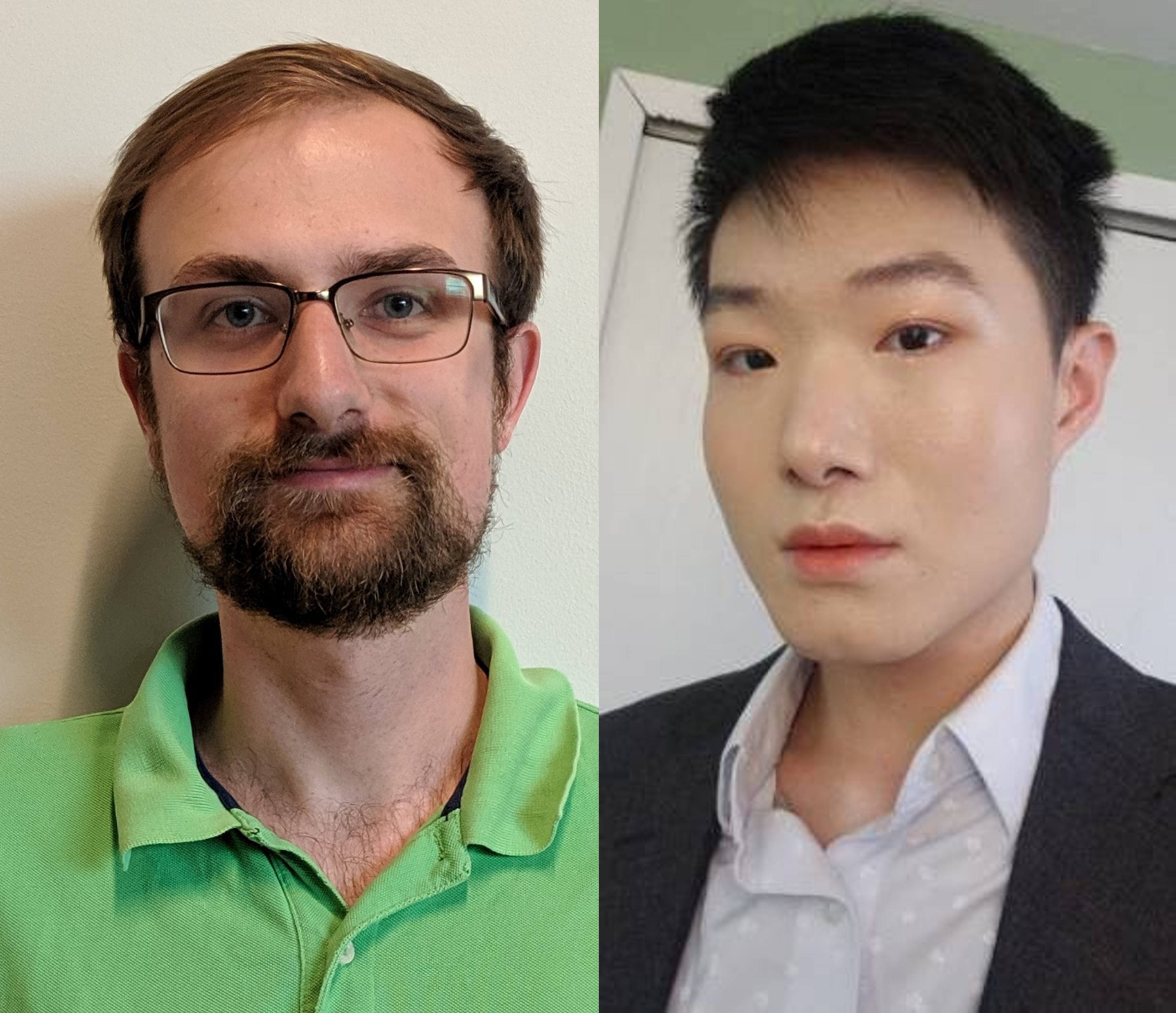Top Talent, Finest Facilities Combine in the Marschilok-Takeuchi Research Collaboration

Conducting research at Stony Brook University’s Institute for Energy Sustainability and Equity housed at the Advanced Energy Center is a distinctive experience for graduate students. Distinguished Professor and Knapp Chair of Energy and the Environment Esther Takeuchi, Distinguished Teaching Professor Kenneth Takeuchi and Associate Professor Amy Marschilok collaborate and co-advise the student researchers. This environment provides the students access to excellent scientists, researchers, and mentors within a collaborative multidisciplinary environment.
Two of the current graduate students include Spring 2024 PhD candidates Steven T. King in the Department of Chemistry and Jason Kuang in the Department of Materials Science and Chemical Engineering, who follow unique paths through the energy-storage maze – and credit Esther Takeuchi, Distinguished Teaching Professor Kenneth Takeuchi and Associate Professor Amy Marschilok as Grade-A scientists and advisors.
The trio “are not only world-class researchers,” according to King, whose own investigations focus primarily on chemical imaging, “but also first-rate mentors and role models.”
“Each goes above and beyond to individually invest in my parallel development as a scientist, collaborator, teacher and student,” adds King, whose scientific specialty – characterizing spatial distributions between different chemicals – helps researchers understand better how electrons and ions move through materials.
“The unique structure of the group promotes cooperation between students and scientists with diverse, interdisciplinary backgrounds,” according to the graduate student, which helps researchers on disparate paths “efficiently approach and answer more complex scientific questions.”
Fellow researcher Kuang often faces complex questions as he tackles the very difficult science of aqueous zinc-based battery systems. The PhD candidate, who earned his bachelor’s degree in chemistry magna cum laude from St. John’s University in 2019, agrees that the scientists leading the Research Effort make a significant difference in his radical research.
“My mentors have provided me with diverse resources and guidance to succeed in and outside of the lab,” Kuang says.
Both researchers also applaud the advanced equipment and other cutting-edge opportunities provided by the Advanced Energy Research and Technology Center, calling them critical to their next-level investigations.
Kuang says the AERTC’s facilities and instruments “allow for high-quality and convenient characterizations of materials, which has streamlined my research progress,” while King – who’s also interested in using applied-learning technologies to process large chemical-imaging datasets, which can be impractical to analyze traditionally – called his AERTC access “invaluable to my progress as a graduate student.”
“The center provides access to a wide range of instrumentation and equipment for synthesis and characterization, so that my experiments are limited only by my own capabilities in the lab,” King says. “Moreover, collaboration with other scientists at AERTC has allowed me to carry out experiments beyond my own ability and experience, which may not have been achievable elsewhere.”
